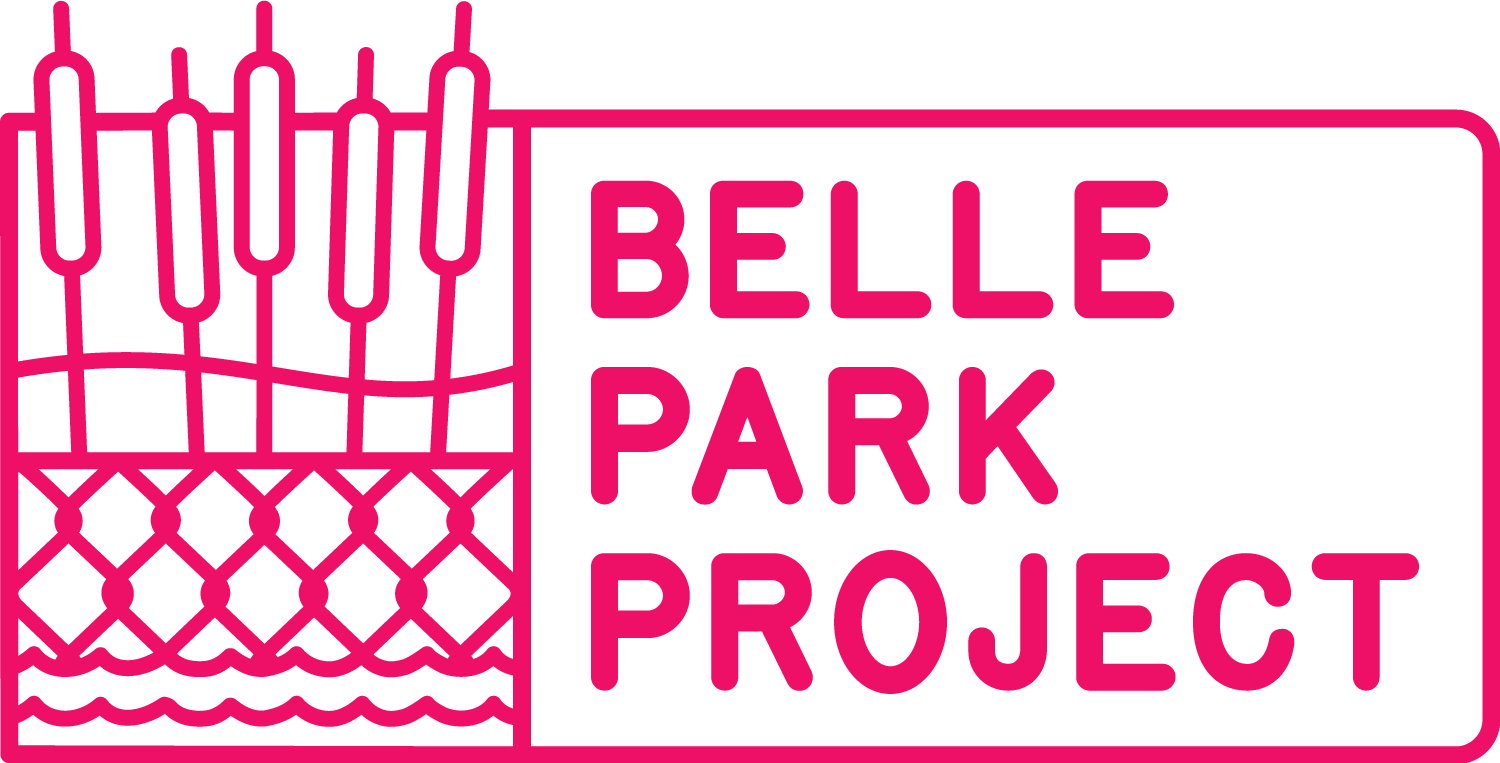Against Evictions
[Below is a letter sent to Kingston City Council on 21 December. We urge others to contact Mayor and Councillors as well. For more info see Kingstonist articles here and here or follow Kingston Encampment Support Network (KESN) on socials.]
Dear Mayor and Councillors,
We are a group of researchers funded by the Social Sciences and Humanities Research Council of Canada to study Belle Park through the lenses of history, geography, film, art, community experience, and environmental and social justice.
On December 7, we read in the Globe and Mail that the City of Kingston is planning “to clear a homeless encampment from a park during daytime hours.”
We consider this a shocking response to the recent court ruling in Corporation of the City of Kingston v. Doe, and are writing to oppose any evictions in Belle Park.
As you know, Belle Park was originally a wetland. It was made into a landfill, then into a golf course. Since the closure of the golf course, the site has served as a recreational space for some (humans and dogs), and a home for others (humans, and a wide variety of plants, insects, and animals). Thanks to City “sanitation” policy in the 1950s, it is very far from a pristine space. But thanks to a citizen legal action in the 1990s, it is now subject to constant environmental monitoring. We find it, despite or because of its complexity, a beautiful space. But it is not a highly frequented park, and this was the case before the unhoused encampments were established. It should be noted too that encampments take up only a tiny fraction of the park's 46 hectares. Thus we find it surprising, and also disturbing, that the City is considering, yet again, to disrupt the lives of those who — unable to access safer and more comfortable housing options — choose to live in the park.
Justice Carter has ruled against night-time evictions. Why would the City contemplate daytime evictions? Presumably to try to force unhoused people to move out entirely. But we know already that there is nowhere safe for many park residents to go.
Here are the possibilities we see if daytime evictions were to be pursued. If people living in the encampment leave their belongings, they will be stolen. If they take them, they will spend a third of their day packing, a third shlepping, and the other third unpacking. Some folks will head for other public places, where, subject to the Community Standards By-law, they will be made to move on. Others will retreat into other woodlands and hidden areas, where they may not be harassed by authorities but will be less accessible to medical or other assistance, should they need it. Most important, they will effectively be isolated from the Integrated Care Hub, which, as its name suggests, is there to serve them, often offering life saving services.
Eviction at any time of day would be cruel to those displaced, and it seems like an expensive and exhausting road for the City itself. Were the City to take this tack, already stretched legal aid organizations would be forced to act (again). It is likely the City would lose (again). And everybody would waste time and money that should be spent on other things — namely, housing and other support for unhoused people.
We are wondering if one of the arguments staff or Council might be mustering for daytime displacement would be that the presence of unhoused people in the park reduces the access of others to the space for recreational purposes. We want to address this specifically, because we spend a great deal of time in the park, in all seasons and at all times of day. We want to make it clear that
1. We have not even once found ourselves threatened on daytime visits to the park, even on solo visits in early morning or late afternoon.
2. We do not consider, in any case, that our rights as recreational users or researchers are more important than the rights of those who have no other safe place to shelter.
3. In fact, in our current context, we consider any logic that prioritizes the needs and desires of (often hypothetical) recreational park users who already have homes to be unethical, unjust, and cruel.
We hope that common sense, humanity, and good budgeting practice will prevail, and that the daytime eviction idea will be abandoned.
We would be happy to talk with any member of council about these issues.
Sincerely,
Dr. Laura J. Murray, Professor, English and Cultural Studies, Queen’s University
Dr. Mary Louise Adams, Professor, Kinesiology and Health Studies, Queen’s University
Dr. Dorit Naaman, Professor, Film Studies, Queen’s University
David Mowat, Former Chief, Alderville First Nation
Francine Berish, Geospatial Librarian, Queen’s University
Dr. Laura Jean Cameron, Professor, Geography, Queen’s University
Dr. Matt Rogalsky, Professor, Music, Queen’s University
